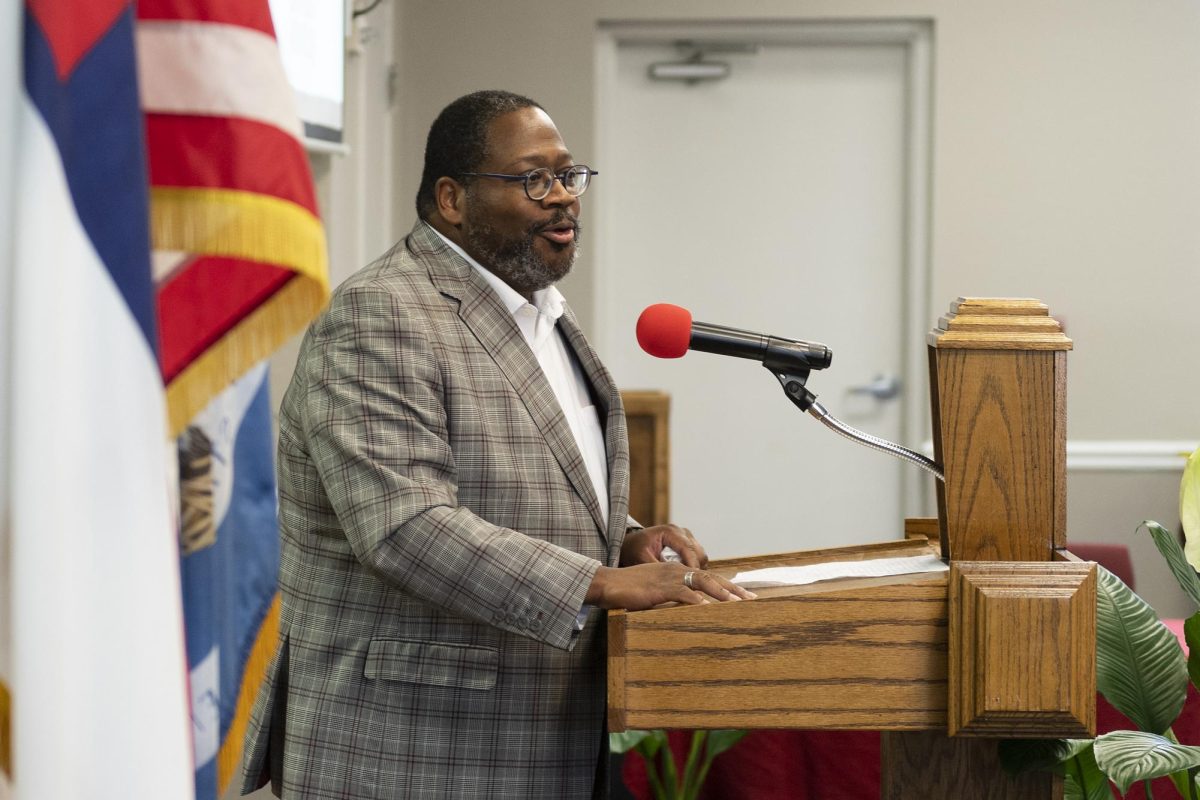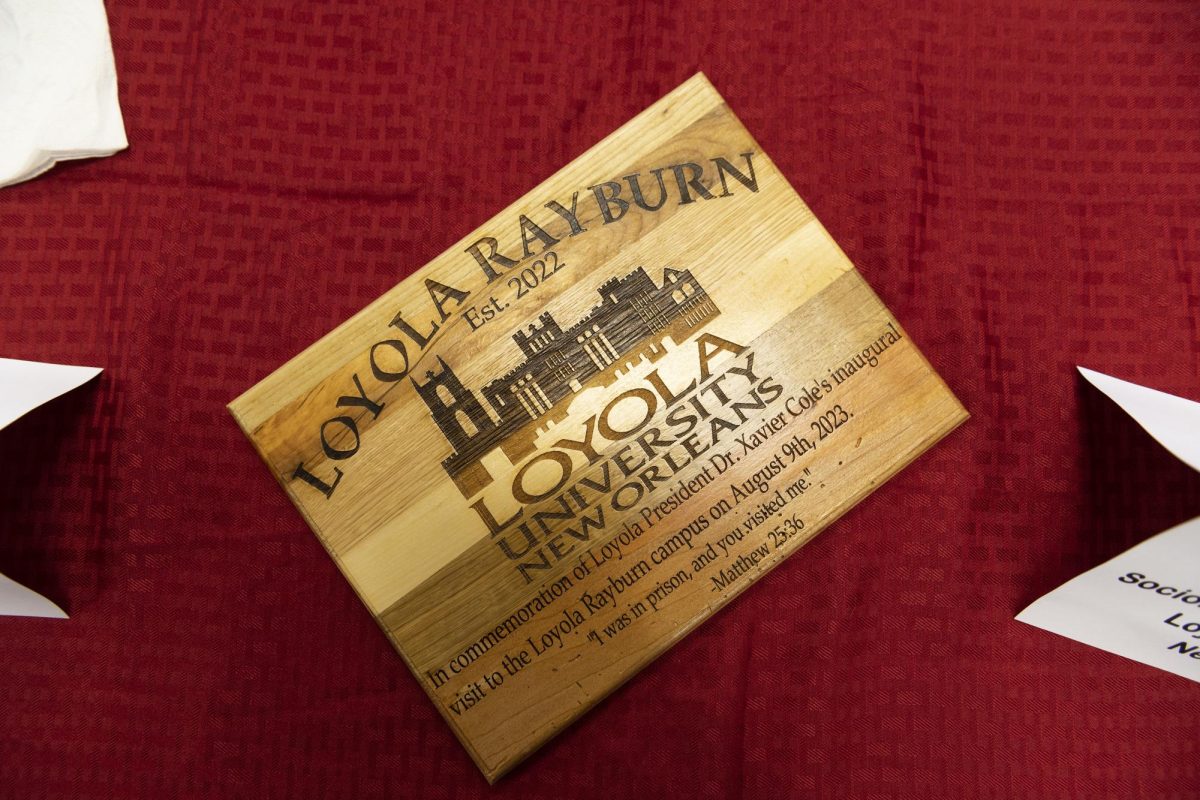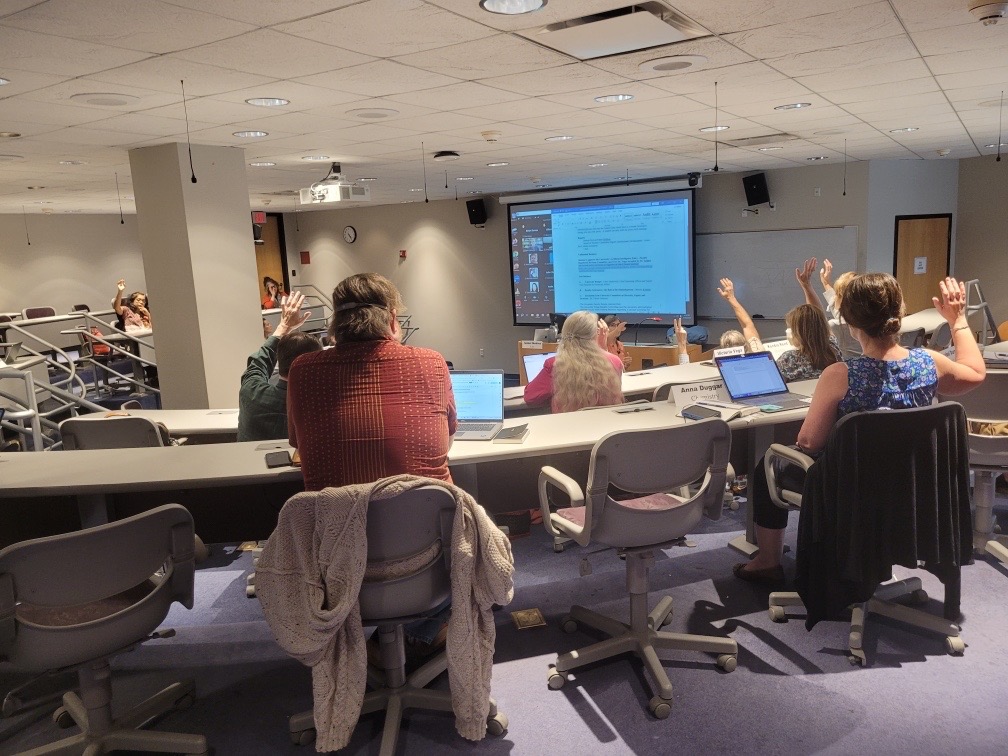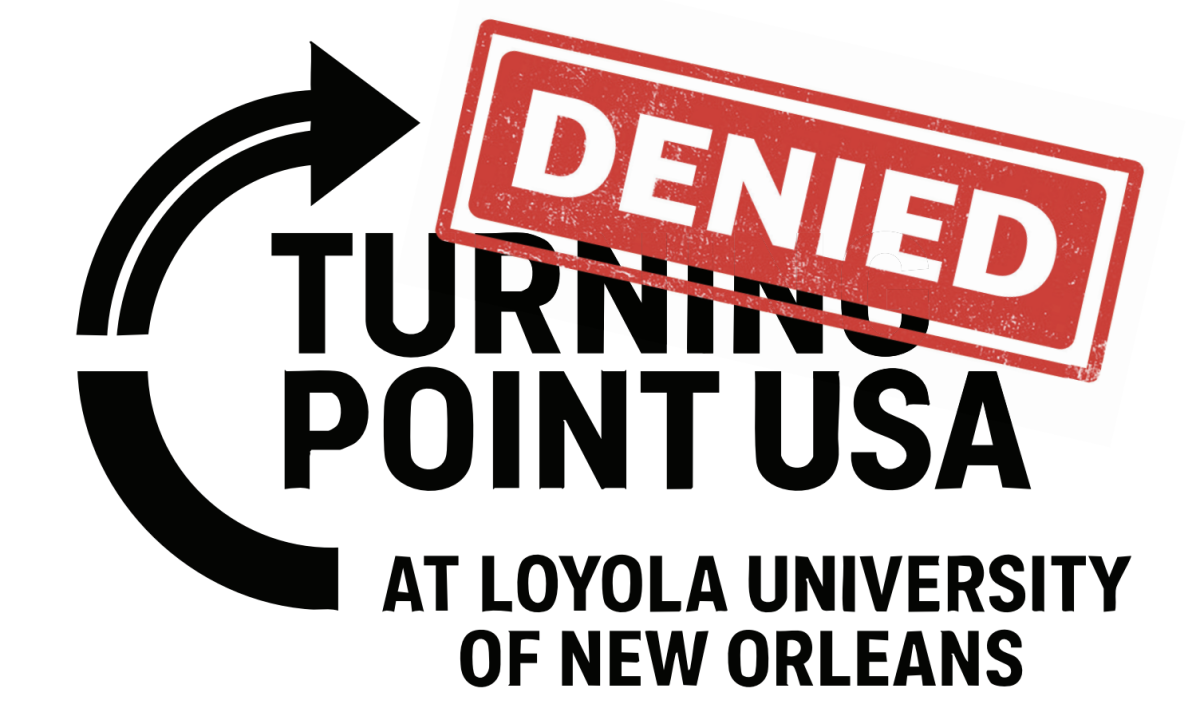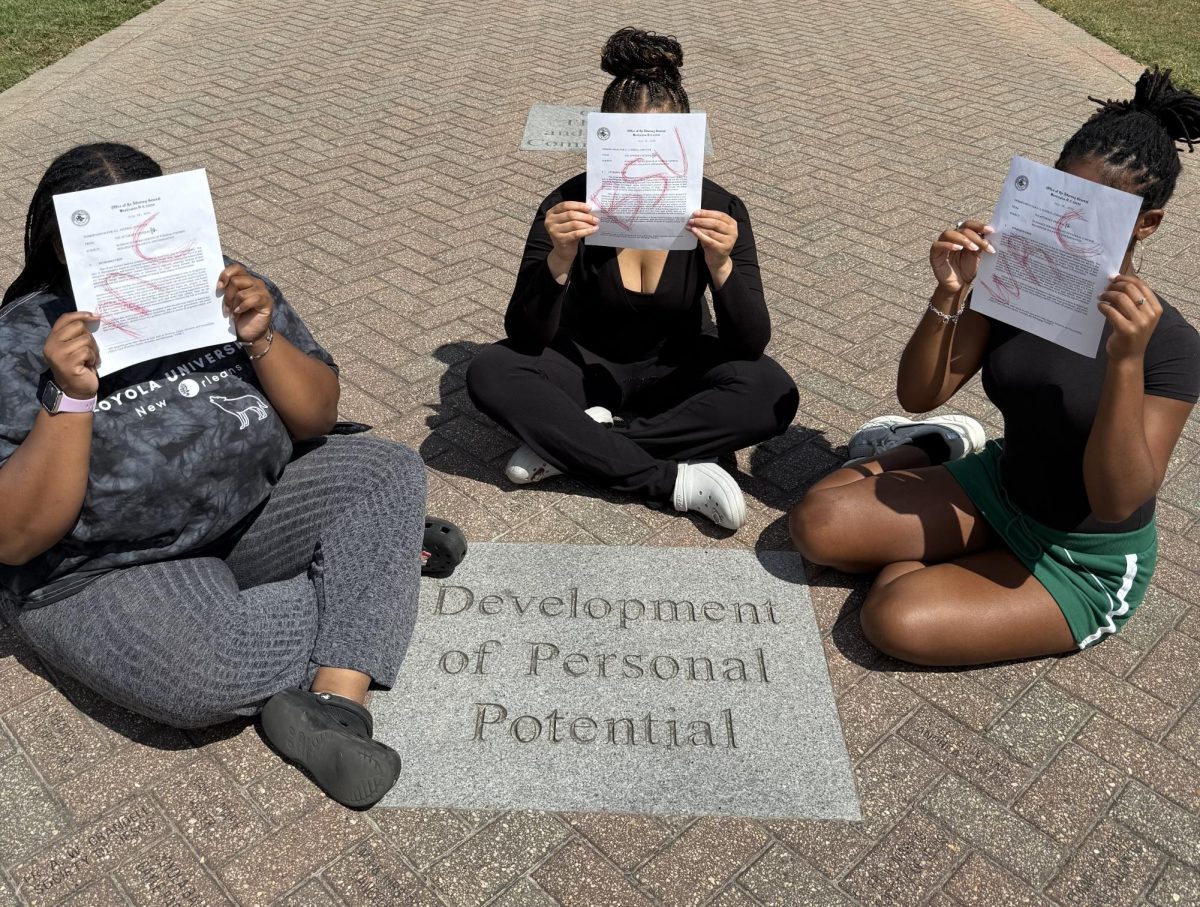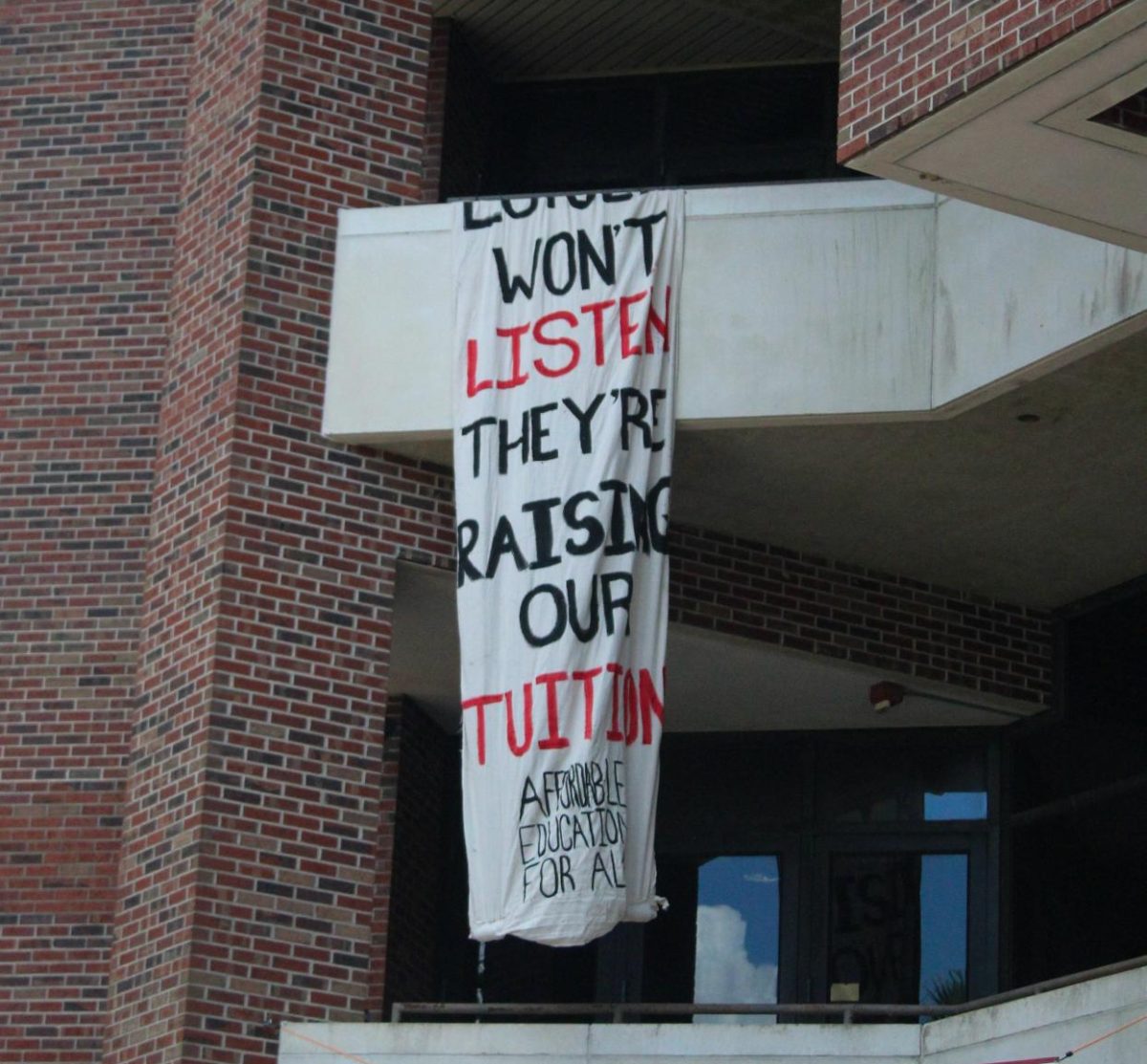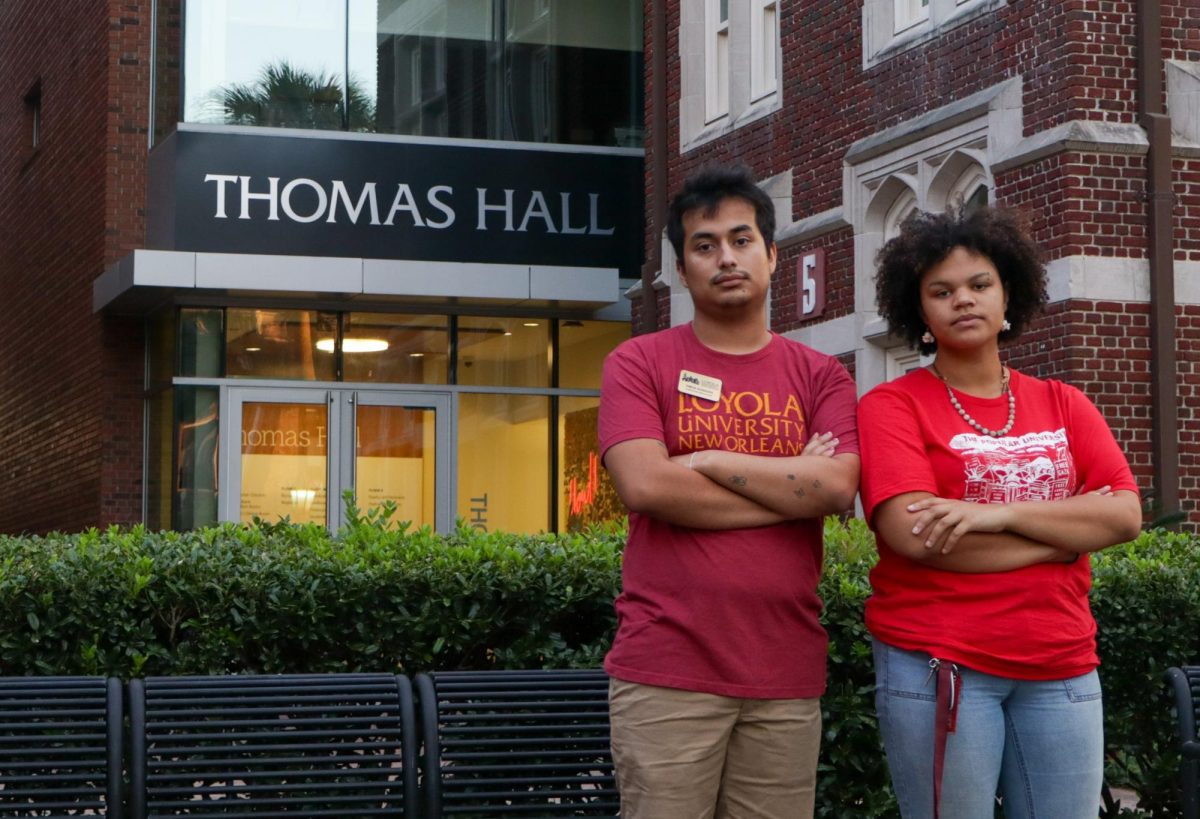Loyola is beginning a process of evaluating the qualifications for its teaching faculty, leading up to the university’s accreditation report in 2025.
The review is part of the university’s overall accreditation report, which aims to document, update, and report on all aspects of the university’s operations.
The most typical teaching qualification is a terminal degree, such as a doctorate or master of fine arts, or at least a degree that is one step above the level the faculty member is teaching.
The qualifications will be determined on a class-by-class basis. If a faculty member doesn’t have the requisite degree to teach a particular class, then it will be up to the department to document exactly how that faculty member is qualified to teach that course.
Accreditation, in short, is an evaluation process performed by a regional accrediting agency to ensure that universities are in compliance with the standards put in place by the U.S. Department of Education.
Vice Provost for Institutional Research, Accreditation, and Academic Engagement Uriel Quesada said that it is very important for a university to be in compliance with the standards set by the Department of Education.
Quesada explained that accreditation is a requirement for universities to be able to grant degrees to students.
“Being accredited is a requirement for universities and students in those universities to have access to federal funding, federal loans, and other programs that support students,” he said.
To receive accreditation, Loyola University must exhibit compliance with the 72 standards set by the Southern Association of Colleges and Schools Commission on Colleges (SACSCOC), the regional accrediting agency in the Southern states, in 2025.
One of these standards is faculty qualifications which allows the university and the agency to “ensure that the students are getting quality education.” Quesada said. He said that his office started coordinating with the deans and associate deans in February of this year on how to create a clear and detailed accreditation report for SACSCOC.
He detailed in an email to The Maroon that for this standard, his office will start by making a table listing each teaching faculty’s qualifications cross-listed by every course they are teaching.
“That table includes each course offered in Fall 2024 and Spring 2025 (we offer hundreds of courses each semester), the faculty member teaching the course, and the faculty member’s qualifications to teach the course,” he wrote.
Quesada said that determining these qualifications are often straightforward as the university usually offers courses that correspond with faculty members’ degrees in compliance with SACSCOC’s standards.
In other cases, he notes the connection between the course and the faculty member’s qualification is not that clear. In those cases, Quesada said that those unclear qualifications could still be justified if that member has additional credentials such as work experience, teaching experience, certifications, or other experience that relates to the course they’re teaching.
Quesada said that when Loyola went through the same process during SACSCOC re-accreditation in 2016, the accrediting body only flagged six faculty members across the entire university. After being questioned, the university submitted additional reports on why those faculty members were still qualified to teach and deserved their position in the university.
These reports aren’t the responsibility of individual faculty members. Departments submit documentation for faculty members who don’t have the requisite degrees, which is then sent to the Provost’s office. These qualifications must be clear and rigorous in how faculty qualifications are documented, Quesada said. Typically this process is done when the faculty member is initially hired for a position.
He added that these reports help to update vital information about faculty, and their documents to be as accurate as possible.
Quesada concluded by saying, “We are not saying that faculty may be disqualified from teaching their class, that’s not the point, and that’s not what we are doing. We are following a process that comes from the Department of Education and our accrediting agency, in which we have to report that we have the right people teaching. And I am 100% sure that we have the right people teaching.”



